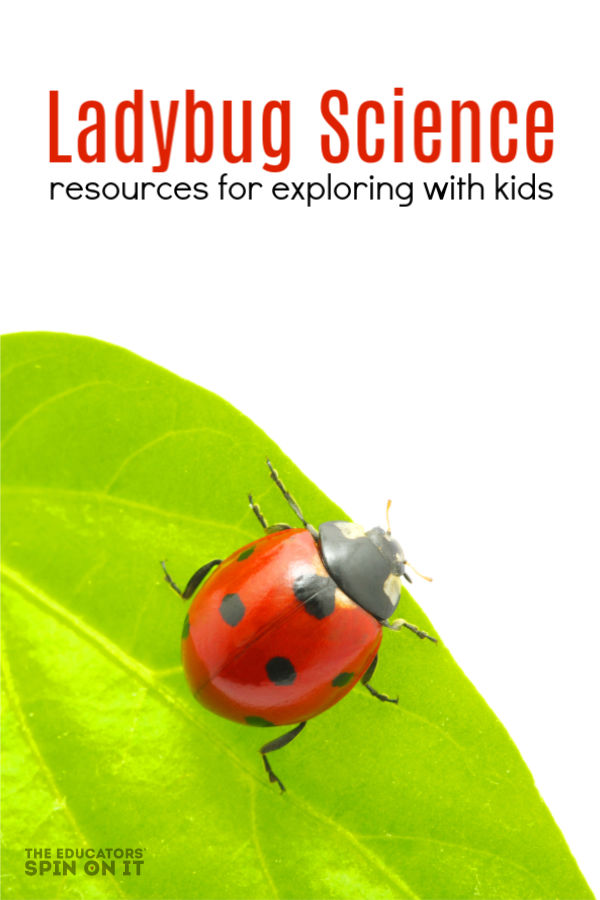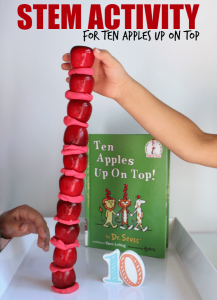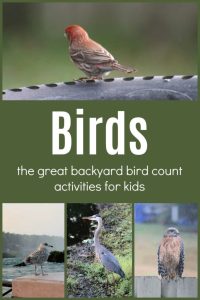
Ladybug Science with Kids

Tips for exploring science with ladybugs with your child. Here’s how to find moments to teach your child about nature through a ladybug science project.

Do you make time for the little moments of science in your daily routine with kids? As parents, there are opportunities around us for science if we give ourselves the time to discover them.
Here’s how our family discovered a little more about Ladybugs with a chance discovery.
Our tips for exploring science with ladybugs with your child. Here’s how to find moments to teach your child about nature through a ladybug science project.

Confession we have yet to discover where around a hundred ladybugs are coming from that keep arriving at our front door.
Yes, you read it right, every couple of weeks we keep have a swarm of ladybugs arrive at our front door.
We’ve noticed it tends to happen when there’s big change in temperature.
At first I’m not going to lie it was a bit weird having them crawl all over our door and entry area but then as I watch the kids eyes light with excitement I knew it was an opportunity for science.

We ran instead and grabbed our bug set and started to observe our ladybug visitors. It prompted many opportunities to focus on S.T.E.M . It was a fun way to do a little science Investigation and Observation.

Then we submitted out information to the Lost Ladybug Project.
- We researched together why they might be arriving at our door
- The characteristics of ladybugs
- The things they eat
- Where they like to live

Now I know you might have the opportunity we did with them arriving at our house and I don’t know if it will ever happen again.
Ladybug Science Kits for Kids
So here are a few products that we plan to use to help encourage a bit more science in our home and with our after school playgroup friends.
I’ve included the Amazon Affiliate link just in case you want to join us on our science journey. There are a few ways to explore ladybugs.

Ladybug Life Cycle Stages

Insect Lore Ladybug Land

Live Ladybugs – Approximately 750 – Plus Hirt’s Nature NectarTM

1500 Live Ladybugs – Good Bugs – Ladybugs – Guaranteed Live Delivery!

Hand-painted Red Roof Ladybug House

Once they started arrived we turned online for research but we also turned to our local library to check out books about Ladybugs. Here are a few of our favorites that we read.
Lady Bug Books for Kids






Story Books about Ladybugs




Fun facts we discovered about Ladybugs.
- Ladybugs eat insect pests such as aphids and scale insects that can attack your plants.
- Ladybugs seek shelter during cold nights and also over the winter. {Provide a house for them so they’ll stay in your garden}
- Ladybugs are attracted to nectar and certain aromatic plants and herbs. To encourage them to use your house, you can soak a small piece of clean sponge in sugar-water to put inside the house. Or you can put in some leaves of aromatic plants such as yarrow, dill, coriander or dandelion flowers.

Ladybug Craft and Printable Activities
Sources for More Ladybug Information
The Lost Ladybug Project
Ladybug Lady
Everything Ladybug
Ladybug Science Experiment
Ladybug Playdate Ideas and Crafts




Average Rating